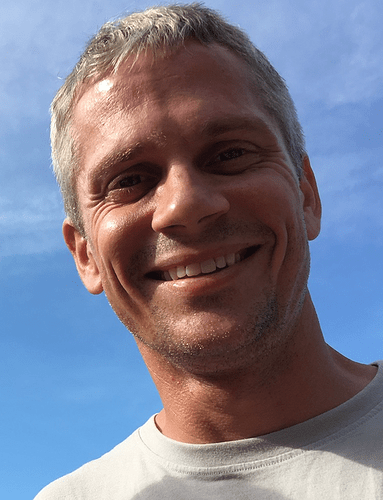Who am I
I’m a software architect at Virtustream, a part of Dell Technologies, working with F# in Atlanta, GA USA. I’m a languages nerd and polyglot developer who has been been using .NET since picking up C# in 2002. For about the last 10 years, my focus has been on applications to manage infrastructure, with cross platform solutions on Windows, Linux, and FreeBSD.
In 2015, I was introduced to Suave, and I fumbled through enough F# to find that it really worked across platforms as well as advertised. I dove more into the language to support my Suave habit, which really introduced me to some terrific FP techniques, and I was shipping production F# applications in a few months. Now, F# is practically all I use, with a strong recommendation of it to my colleagues.
Why I would like to be on the board
As a developer who had success bringing F# to a large corporate environment and building two F# development teams from the ground up, I can bring experience to developers that would like to do the same in their work environment, helping them to understand how to introduce a new language without requiring an immediate paradigm shift. I would really like to see more businesses that make use of it publicly touting some of the benefits, whether they are smaller teams with better cohesion, reduced number of bugs, or constant velocity to meet schedules. My hope is that with more focus on using F# at work, then businesses are aware the language and ecosystem is used successfully in other businesses, and that awareness can also lead to more FSSF engagement for corporate sponsorship.
Additionally, having served on the board for the past year, I hope to improve some of the administrative areas to help the community be better represented. I am a firm believer in published policies that people can read to understand how the board will act on behalf of the foundation. This gives community members a chance to review and comment on concrete policies proactively rather than having to review the past actions of the board to determine post-haste whether those actions represented them. A policy is not without exceptions, and the board can certainly act in conflict with a policy as it deems necessary, but with published policies, these exceptions and policy changes are more clearly noted for the community. I feel that for the F# Software Foundation to continue to grow and remain representative of its members, we need to work actively to improve on this.
Thank you for your time and for considering me. Regardless of whether I’m elected, please reach out on Slack anytime!
Dave Curylo

